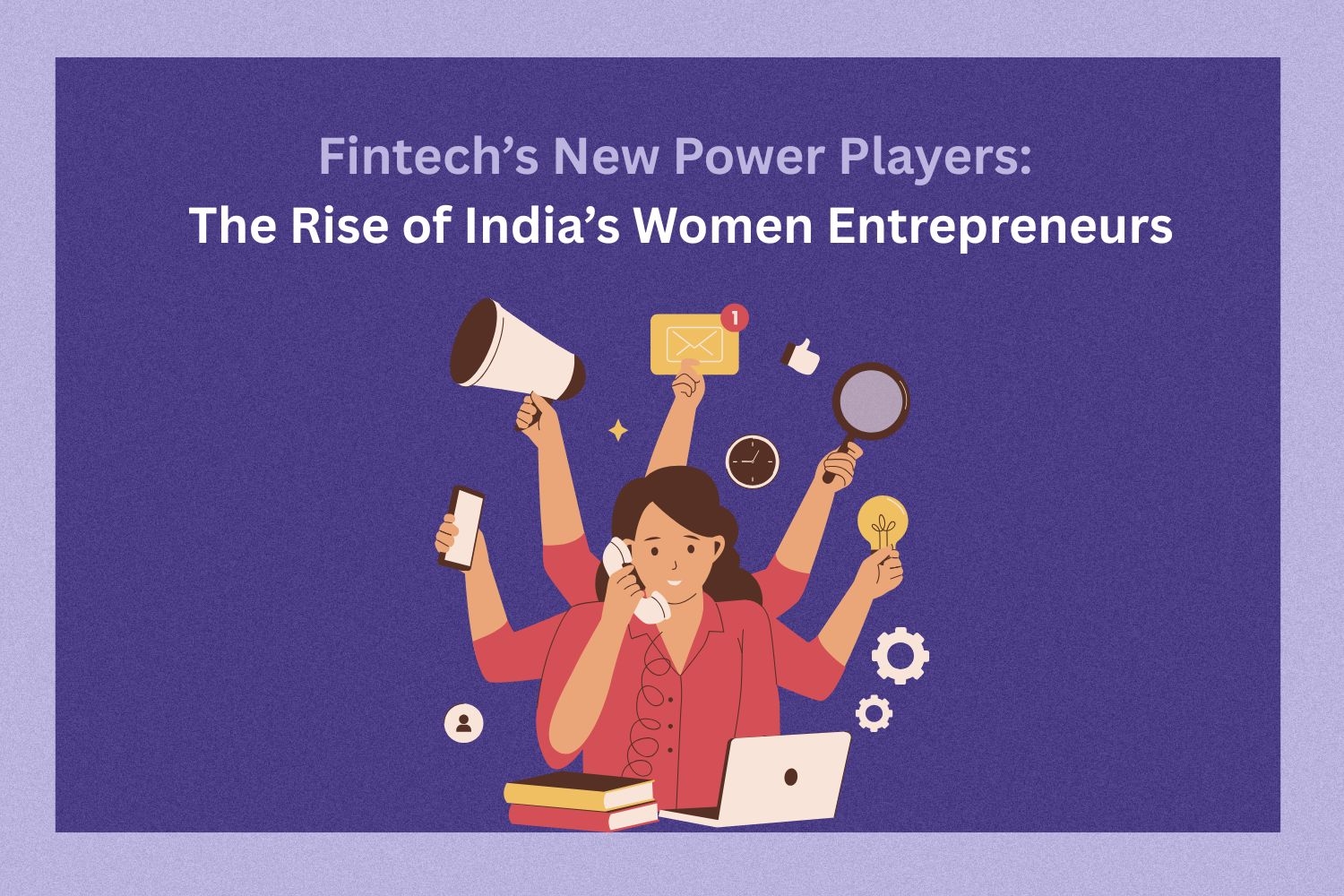India’s fintech industry, worth about $110 billion in 2024, is projected to quadruple to $420 billion by 2029 at a blistering 31 % CAGR. Yet startups with all-women founding teams captured barely 0.7 % of the country’s equity-plus-debt funding in 2024 even after a modest rebound in cheques for companies that had at least one female co-founder.
Against those odds, seven women have built category-defining businesses that serve millions of consumers and SMEs, move billions of rupees a year and—in some cases—are already profitable. Their back-stories show what it takes to convert systemic gaps into growth markets.
1. Chaitra Chidanand — Co-founder, Simpl & Founding Partner, SALT
A Stanford-trained engineer who once ran Wall-Street trading systems, Chidanand returned to Bengaluru in 2015 and discovered she could not even get a credit card because she had “no Indian footprint.” She responded by co-founding Simpl, India’s earliest Buy-Now-Pay-Later (BNPL) checkout network. The platform has since raised $83 million and is used by 7,000+ online brands, allowing shoppers to consolidate purchases into a single bill every 15 days.
In 2021, Chidanand teamed up with ex-Banker Shinjini Kumar to launch SALT, a money-management app built around behavioural nudges for women. SALT secured seed backing from 3one4 Capital but paused the consumer app in September 2024 to re-tool its acquisition model—evidence of the ruthless product-market-fit discipline she brings to every venture.
Signature move: marrying an empathetic user experience (“khata on the Internet”) with rigorous risk-scoring, proving that financial inclusion can be good business as well as good policy.
2. Prachi Dharani — Co-founder & CEO, PayGlocal

Two decades at Visa, First Data and ICICI Bank taught chartered accountant Prachi Dharani how cross-border payments break down for small exporters. In 2021 she built PayGlocal, an acquiring stack that lets a Jaipur handicraft seller settle a Jakarta order in Indonesian rupiah with the same ease as a domestic UPI payment.
- Scale: ₹22 billion ($265 m) processed; 1,300+ merchants selling into 181 countries; AI fraud-controls have blocked ₹1 billion in fraud.
- Regulatory moat: one of the very few non-bank fintechs to win a full RBI payment-aggregator licence (Oct 2024) after clearing the central-bank’s exacting security tests.
- Funding: $12 m Series B (Tiger Global, Sequoia) plus follow-ons, taking total to $17 m.
Signature move: treating compliance as product—dynamic routing, smart FX and AML dashboards turn regulatory friction into merchant stickiness.
3. Sucharita Mukherjee — Co-founder & CEO, Kaleidofin
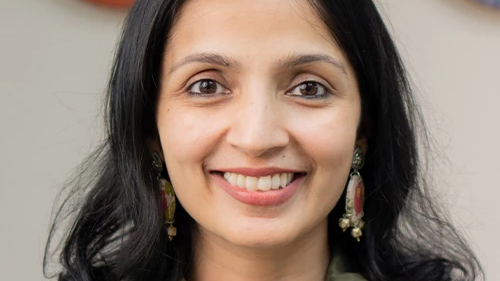
The ex-CEO of IFMR Holdings (now Northern Arc) launched Kaleidofin in 2017 to give India’s 450 million informal-sector earners goal-based financial plans. Her ki Score uses alternative data—remittance flows, kiosk receipts, even agri-yield curves—to underwrite borrowers banks usually reject.
- Fresh capital: $5.3 million from IDH Farmfit on 2 May 2025, extending last year’s $13.8 million round to $19 million; lifetime funding $42 million.
- Newest product: ki Score Agri will let lenders price credit for 125 million smallholder farmers, turning a weather-beaten customer segment into a measurable risk class.
Signature move: exporting the rigor of capital-markets structuring (her IFMR legacy) into last-mile sachet-savings and working-capital loans.
4. Sayali Karanjkar — Co-founder, PaySense; Chief Business Officer, ElasticRun
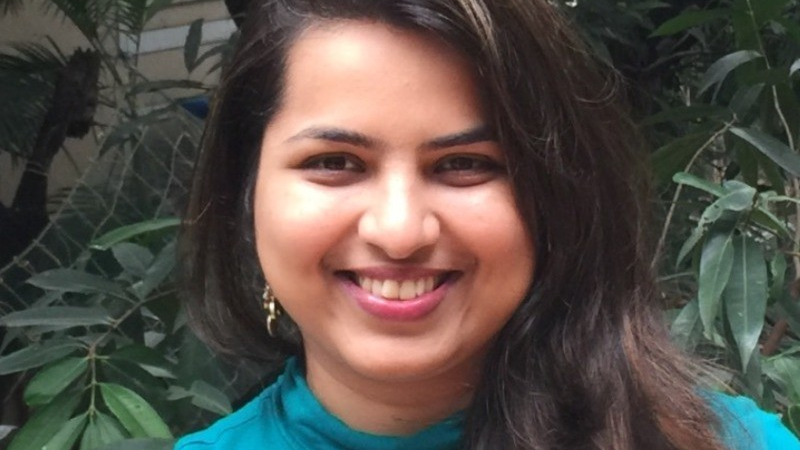
A National University of Singapore computer-science grad with a Kellogg MBA, Karanjkar co-founded consumer lender PaySense in 2015, targeting salaried millennials and gig workers with bite-sized personal loans. In January 2020 she sold PaySense to PayU for $185 million, merging it with LazyPay to create one of India’s largest digital-credit franchises.
She now runs revenue at ElasticRun, the B2B commerce network that powers 500,000 kirana stores, and writes angel cheques into SaaS and AI startups (AppsForBharat, Scapia, Zimyo).
Signature move: proving that exits—still rare in Indian fintech—can recycle talent and capital into the next wave of founders.
5. Meghna Suryakumar — Founder & CEO, Crediwatch

A Columbia Law alumna who once structured cross-border deals, Suryakumar founded Crediwatch in 2016 to automate the painful diligence she had done as a lawyer. The platform ingests 250+ data feeds (ROC filings, GST, utility bills, court records) and has generated 4 million early-warning alerts on 70,000 SMEs—often 6-12 months before default.
Crediwatch has raised $6.24 million across seven rounds from ARTIS Ventures, Abstract VC and others.
Signature move: selling “real-time credit surveillance” to banks that would rather prevent an NPA than chase recovery.
6. Hardika Shah — Founder & CEO, Kinara Capital
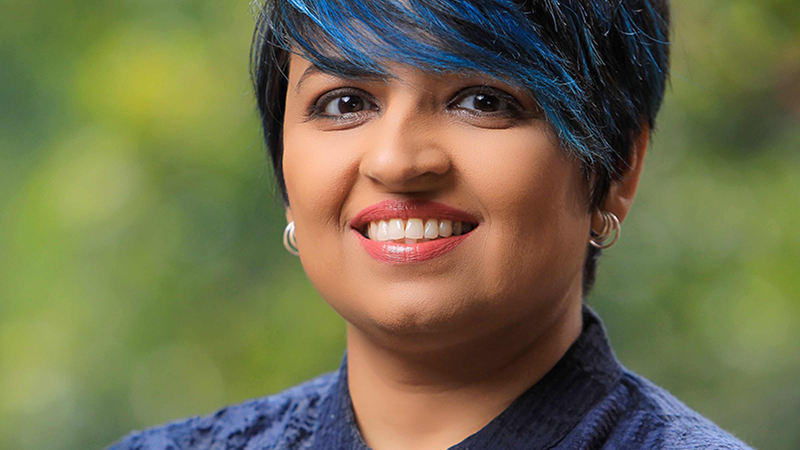
After 17 years at Accenture and an MBA split between Columbia and UC Berkeley, Shah came home to bridge what she calls India’s “₹20-lakh-crore MSME credit gap.” Since 2011 Kinara Capital has disbursed ₹4,500+ crore ($540 m) in collateral-free loans through its vernacular MyKinara app and 110 branches.
Her HerVikas programme has already lent ₹700 crore to 5,800 women-led businesses and now carries a fresh ₹500 crore commitment for FY 25, aiming to cross ₹1,200 crore next year. Kinara has logged nine consecutive profitable years, a rarity among growth-stage fintechs.
Signature move: door-step service plus AI underwriting, delivered by a 57 % women management team—“inclusion at the branch, not just the board.”
7. Mabel Chacko — Co-founder & COO, Open Financial Technologies
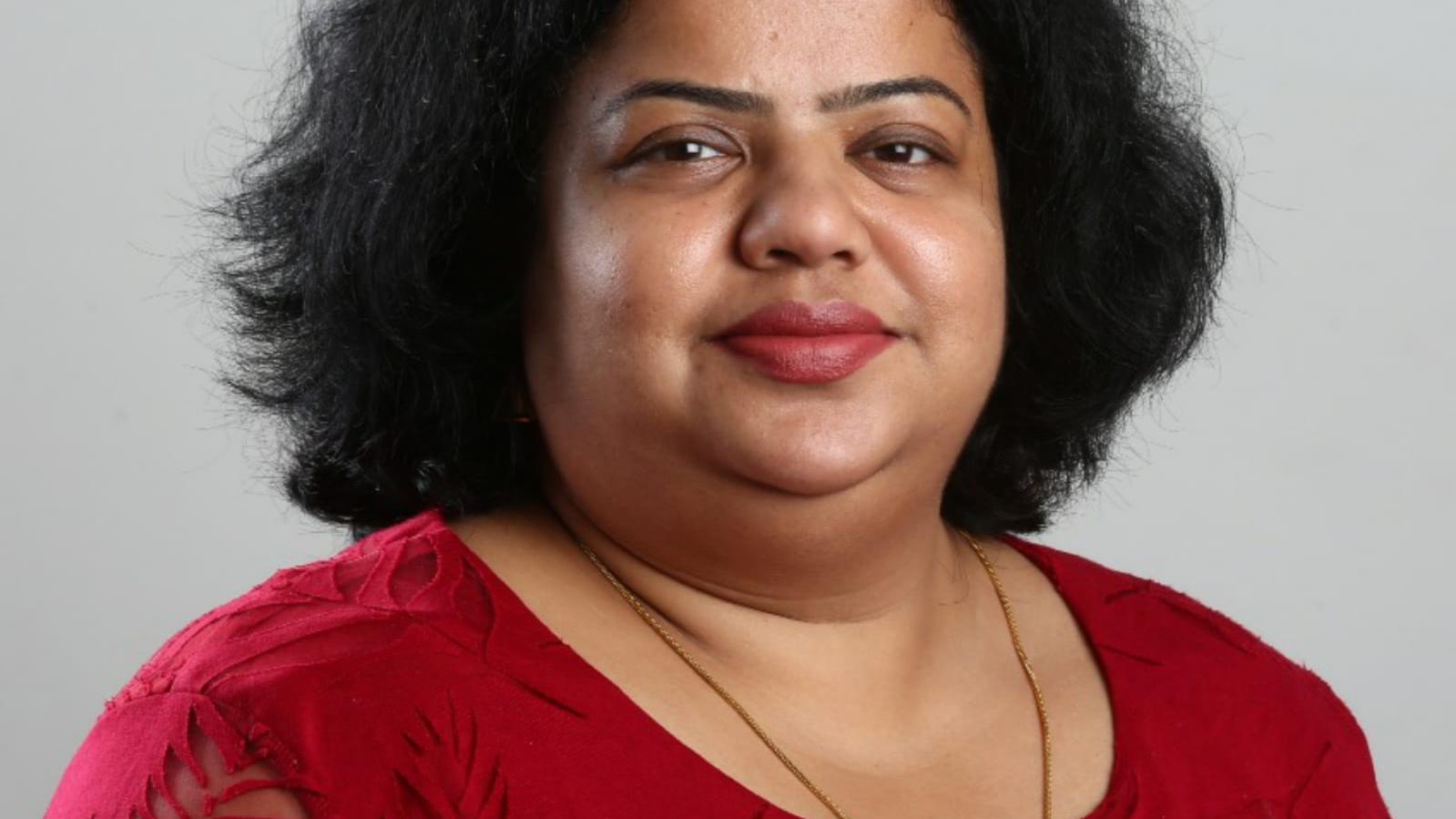
A three-time payments entrepreneur, Chacko co-founded SME neobank Open in 2017. The startup became India’s 100th unicorn in May 2022 with a $50 million Series D led by IIFL, pushing cumulative funding past $187 million.
Open now serves 3.5 million businesses and processes $35 billion in annual transactions, but sharp cost cuts saw FY 24 operating revenue fall to ₹25 crore, with cumulative losses of ₹1,831 crore.
Chacko’s answer is to monetise the tech itself: Zwitch (no-code embedded finance) and BankingStack (cloud fintech OS) let banks and brands launch digital banking in weeks.
Signature move: turning a challenger-bank into a platform supplier, swapping margin for SaaS-style annuities.
What their journeys teach us
- Problem-founder fit beats pattern bias. Each woman tackled a pain point she personally felt—from credit invisibility (Chidanand) to exporter chargebacks (Dharani) to SME data opacity (Suryakumar).
- Regulation can be a moat. Whether it’s an RBI payment-aggregator licence (PayGlocal) or audited NBFC status (Kinara), compliance done early keeps fickle capital loyal.
- Exits recycle the ecosystem. PaySense’s sale bankrolled Karanjkar’s angel portfolio; Open’s alumni are already seeding new ventures in payroll and embedded lending.
- Impact scales the TAM. Serving first-time borrowers, women-led micro-businesses and farmers isn’t CSR—it’s how these founders unlock growth that incumbents ignore.
India’s fintech flywheel is just beginning to spin; if current trajectories hold, the next $300 billion of value could well be authored by leaders who started on the wrong side of the glass ceiling—and shattered it anyway.
